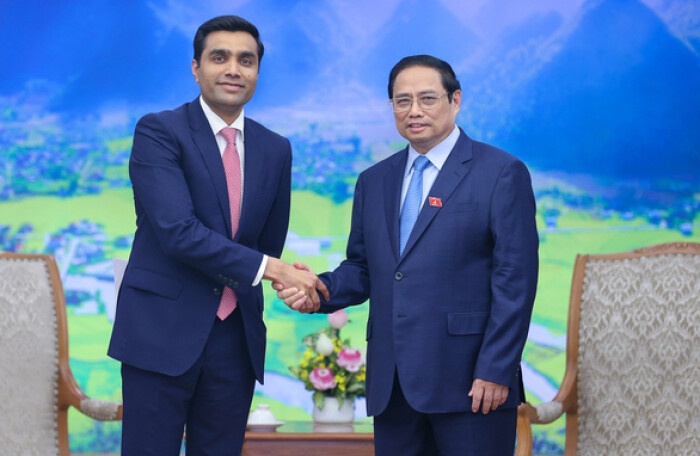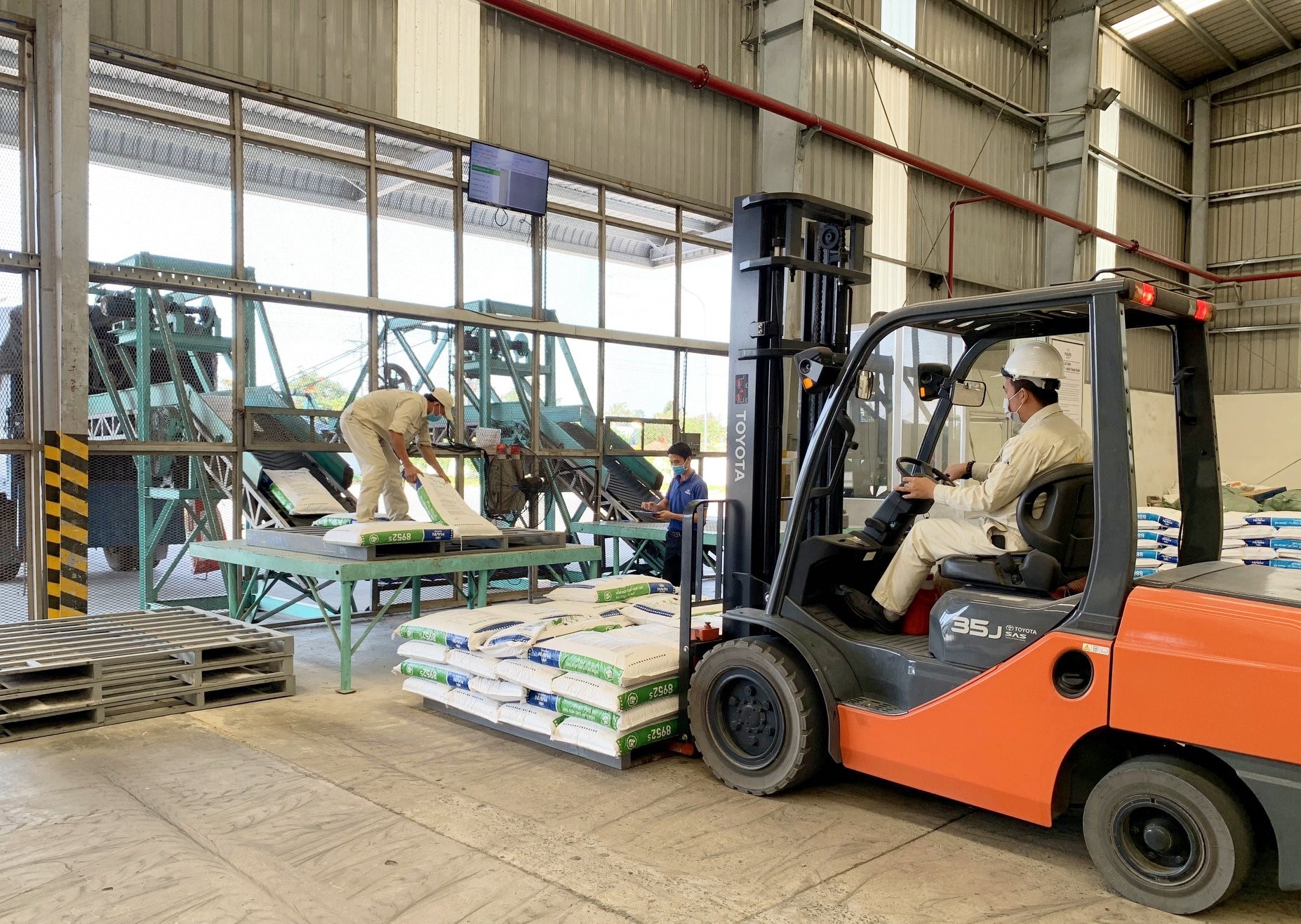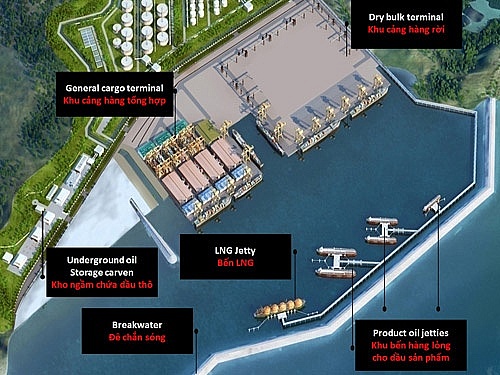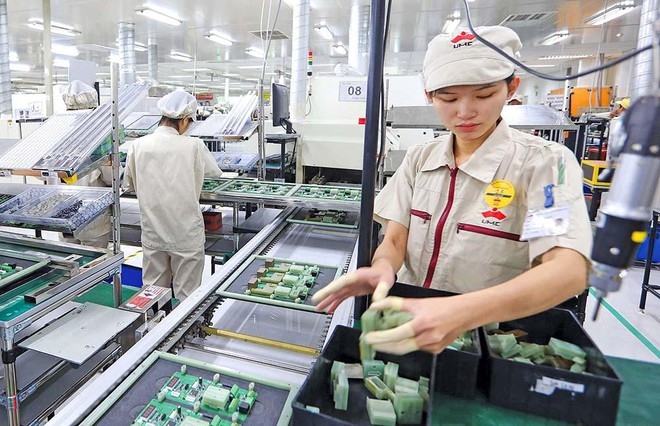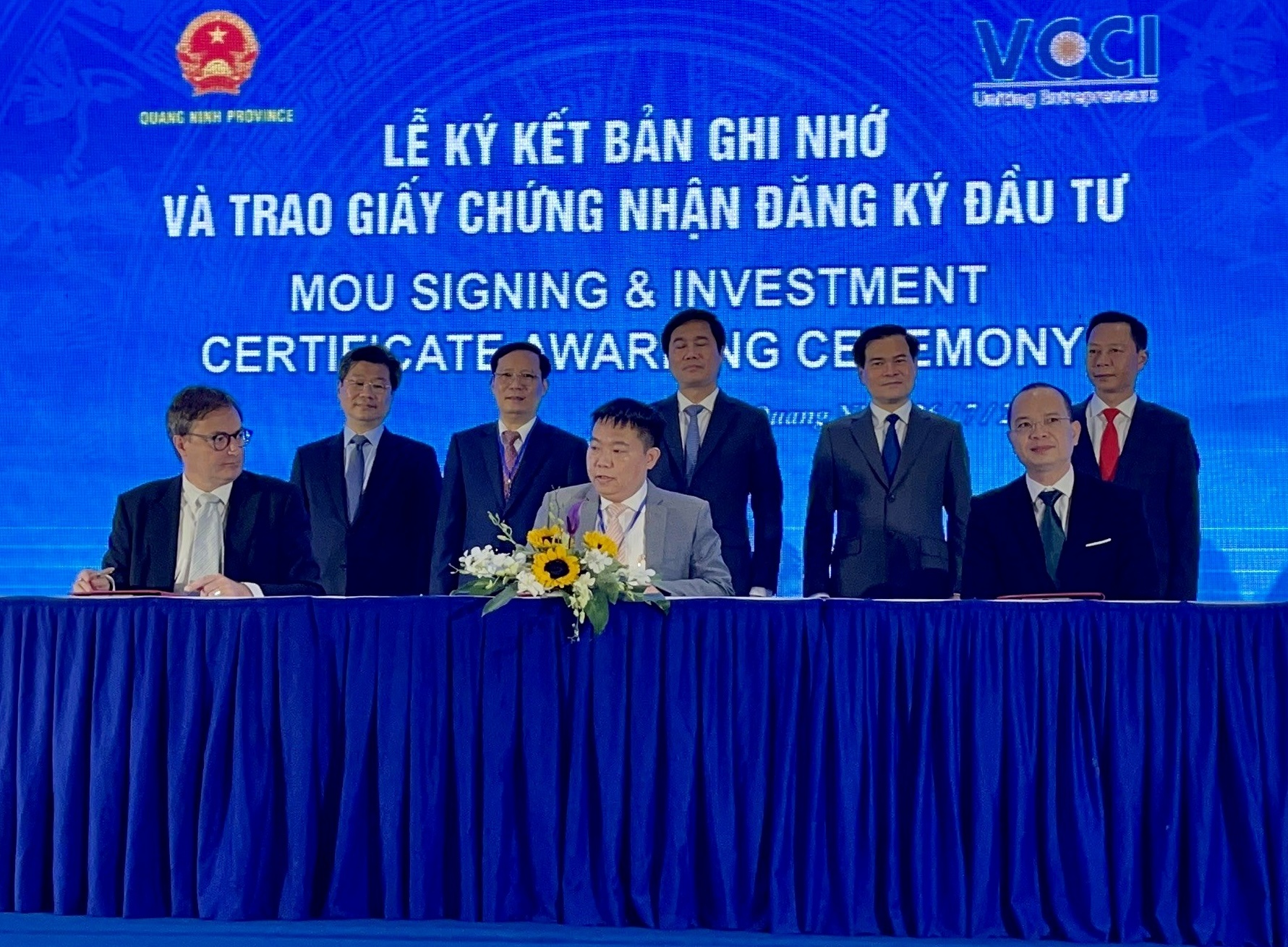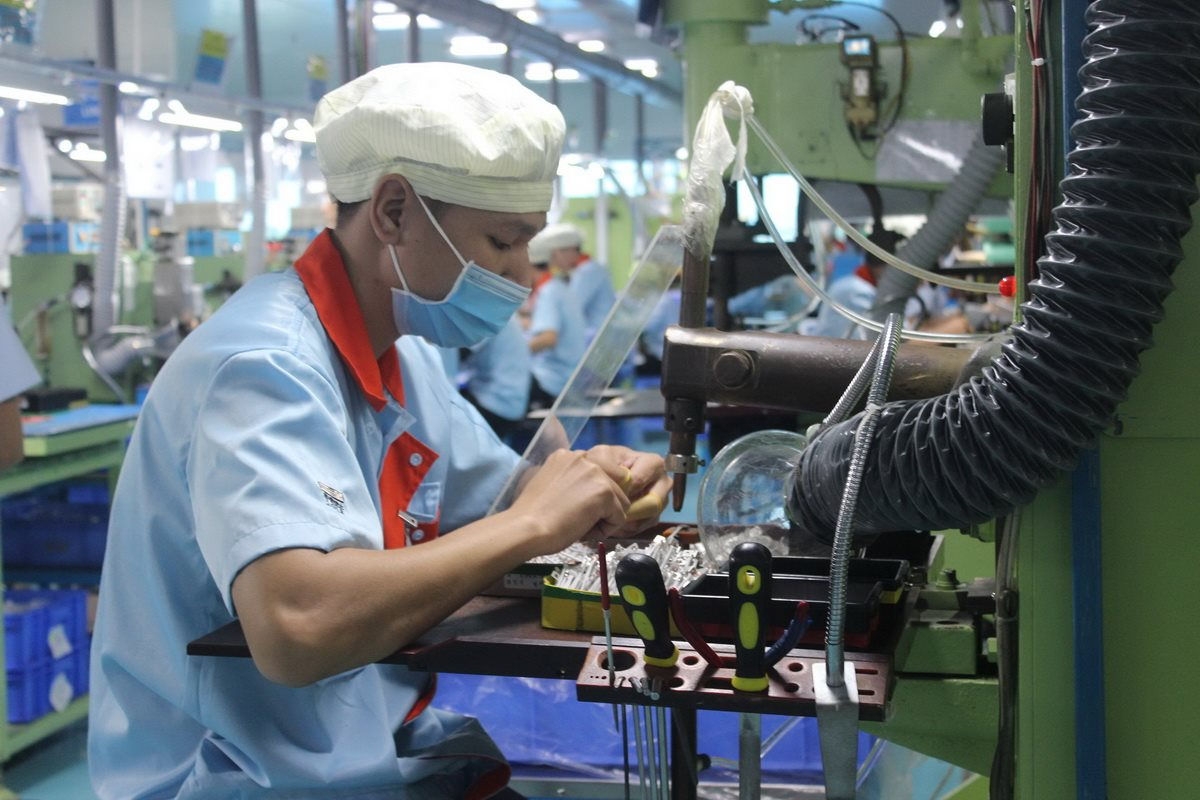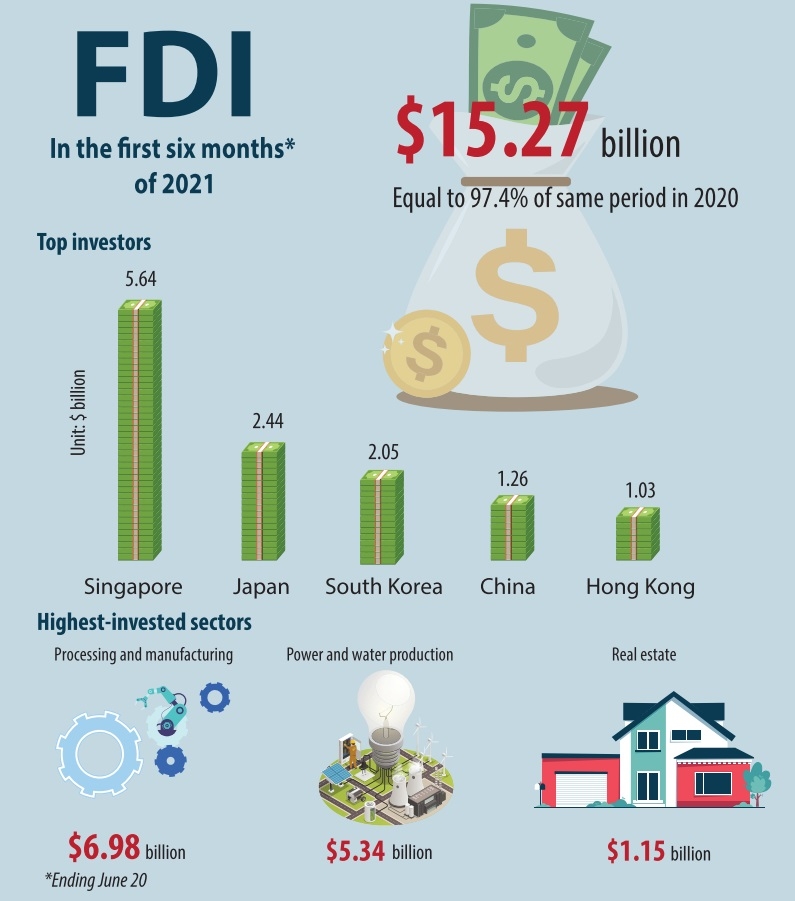Investments - key to economic growth in Vietnam: WB expert
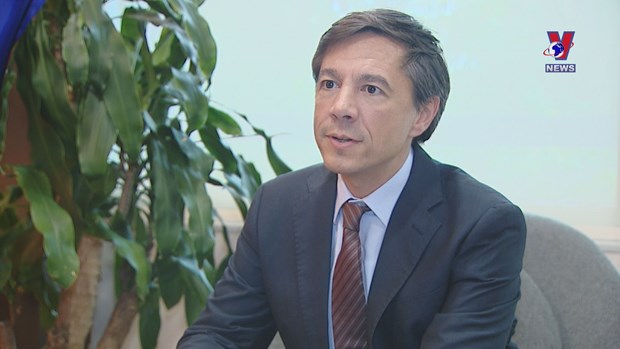
Hanoi (VNA) - Andrea Coppola, World Bank Lead Economist for Vietnam speaks to Vietnam News Agency about his recommendations for the country to speed up economic recovery and development in the time to come.
VNA: How does the World Bank assess Vietnam’s recent economic performance? What is the forecast for Vietnam’s economy amidst current global and domestic challenges in the second half of 2023 and beyond?
Andrea Coppola: Vietnam had a very strong economic performance in 2022 driven by three factors: robust exports, strong private consumption and also low base effects given the slower economic growth registered in 2021.
However, during the last part of 2022, Vietnam’s economy started to face external headwinds. Weakening global demand associated with the monetary tightening that we observed in many countries in 2022 started having an impact on Vietnamese exports.
As a result, economic growth decelerated during the first quarter of 2023 to 3.3% as weaker external demand had an impact on export-oriented manufacturing which contracted by 0.4% in Q1.
Overall, external headwinds will have an impact on economic growth in Vietnam in 2023 which is expected to moderate. Our latest projections show the economy growing by 6% in 2023 but there are significant downside risks to the outlook.
Vietnam’s GDP grows at 8.02% in 2022, the fastest pace over the past 25 years, backed by retail sales, investment, and exports (Photo: VNA)
VNA: How effective have Vietnam’s measures, such as belt-tightening practices and a 2% VAT reduction, been in addressing economic difficulties? What specific recommendations does the World Bank have to accelerate Vietnam’s economic recovery and development?
Coppola: The 2% VAT reduction can help to promote domestic consumption but more measures may be needed to sustain economic growth. Monetary policy has the difficult task to support economic activity while controlling inflation and managing exchange rate pressures.
The State Bank of Vietnam has been cutting policy rates in 2023 which helps to promote economic growth but it will be important during the next months to monitor the possible impact and pressures on capital flows and exchange rate created by the increasing distance between interest rates in Vietnam and abroad. It will also be important to closely monitor inflation dynamics.
In terms of fiscal policy, an option may be to leverage public investments to promote growth. Despite large investment needs to promote growth and to increase resilience to shocks, public investments in Vietnam have been decreasing during the last years. Moreover, there is an issue of under-execution to be addressed and also some question marks about the efficiency of investments.
To promote growth, not only short-term growth but also longer-term growth, more efficient and more significant public investments could be part of the solution.
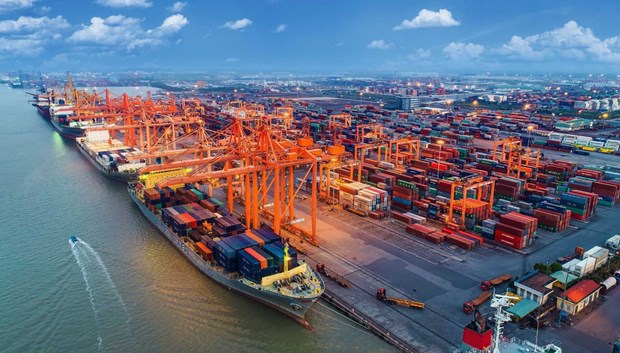
Exports, investments and consumptions are considered the key drivers of Vietnam's economic growth in 2023 and beyond (Photo: VNA)
VNA: What is your opinion on the Vietnamese Prime Minister’s emphasis on export, investment, and consumption as drivers of economic growth? How can the World Bank support Vietnam in achieving its economic objectives?
Coppola: Export, investment and consumption are the pillars of external and domestic demand, respectively. The performance of each one of these three components of aggregate demand will have a direct impact on Vietnam’s economic growth.
The challenge with exports is that they are significantly affected by external factors such as the demand from trade partners in US and in Europe. Private consumption is very important, and it was a key driver of growth in 2022.
Investments in my opinion are key. They are key not only for economic growth in 2023, or 2024, or 2025. They are key to achieve Vietnam's ambitions to become a high-income economy by 2045 in a context characterised by the challenges associated with climate changes.
Investment needs are large. The Country Climate and Development Report that the World Bank prepared for Vietnam estimates that in order to address climate change adaptation and mitigation challenges, Vietnam will require additional investments of about 6.8% of GDP per year, each year, between now and 2040.
The World Bank supports Vietnam in achieving its development objectives through the provision of three kind of services: first, lending services, to help Vietnam addressing its financing needs; second, analytical services, to support Vietnam to identify effective reforms and technical solutions that can help addressing its development challenges in a fast evolving world; third, convening services, to bring to Vietnam international expertise and best practices from other countries to promote knowledge exchange and support Vietnam achieving its economic and development ambitions./.




